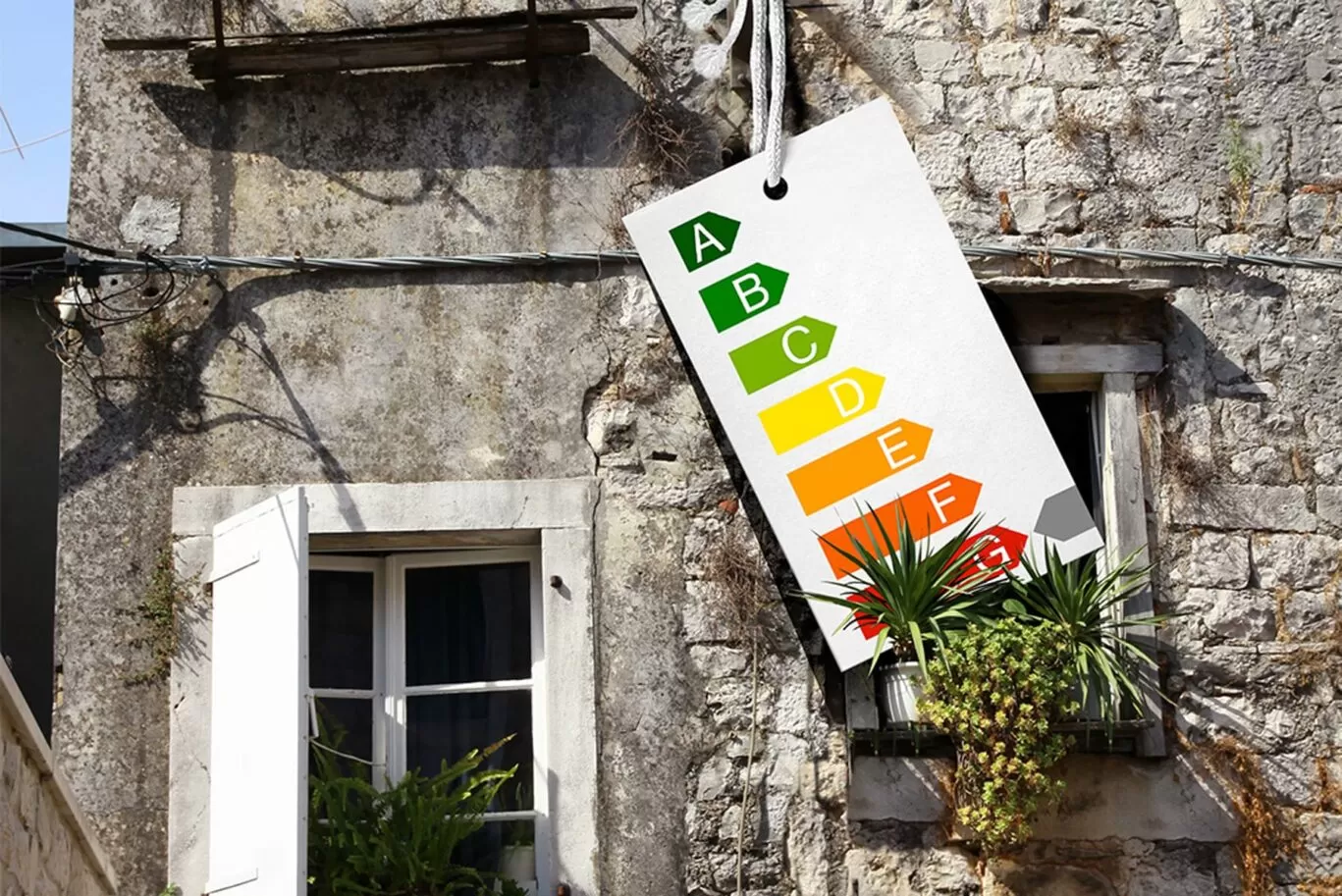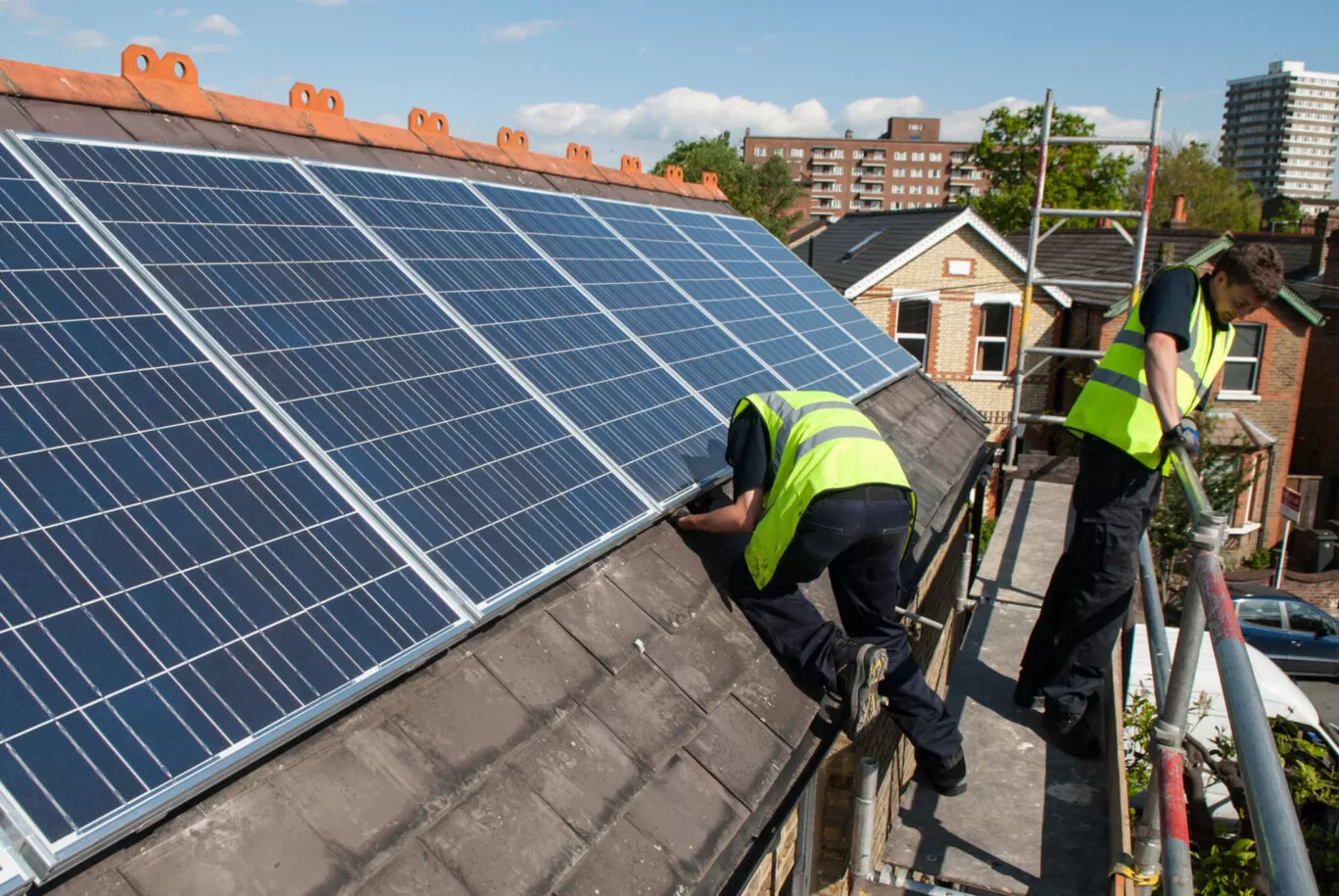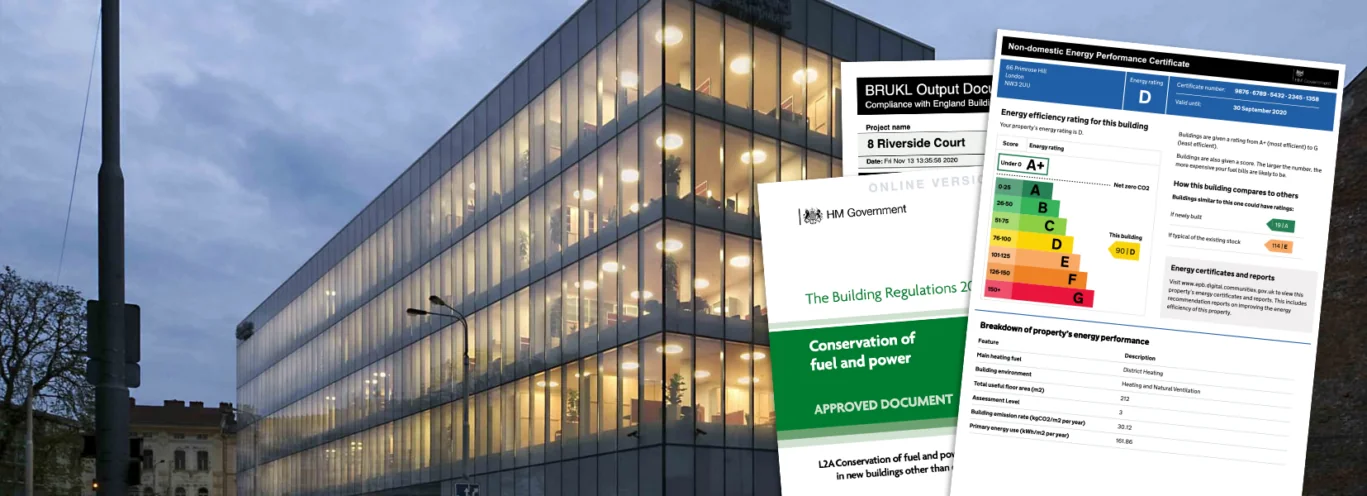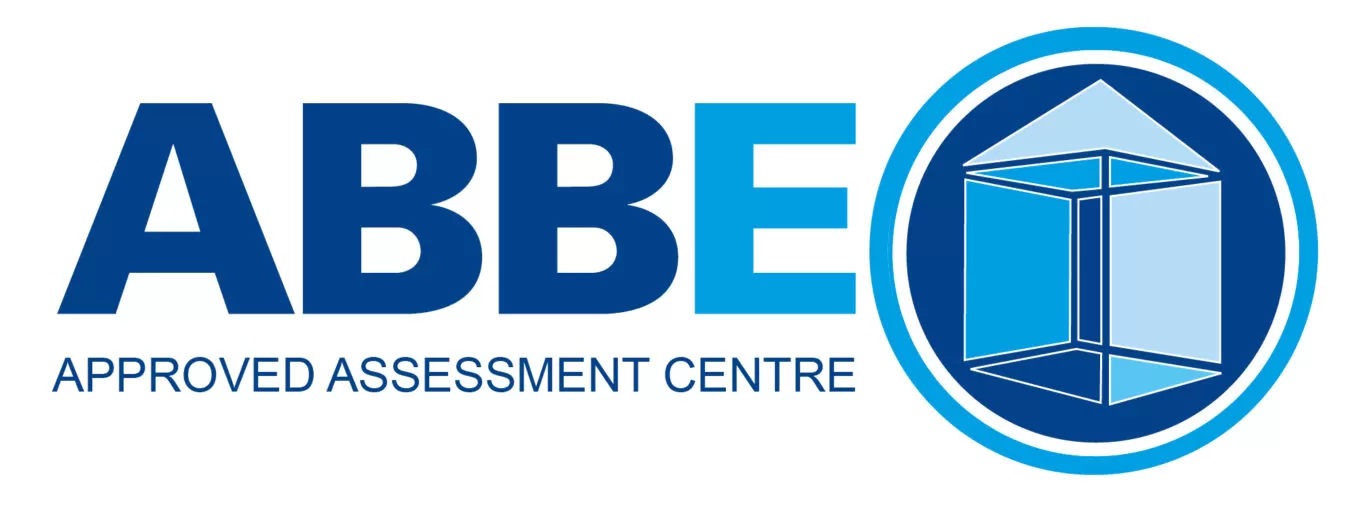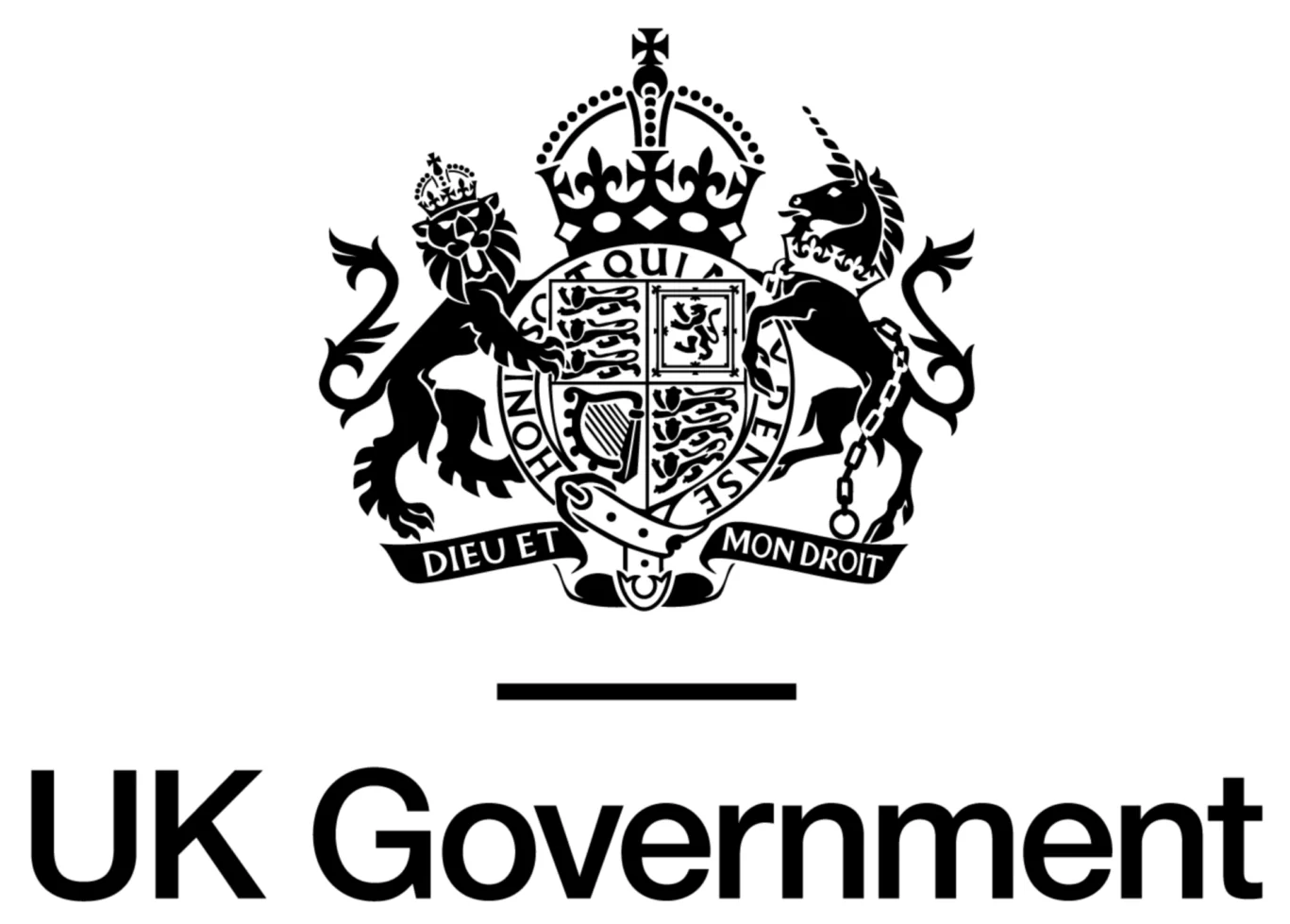As we reflect on the past year, the pilot version of the UK Net Zero Carbon Buildings Standard stands out among the noteworthy energy news of 2024. This standard was a landmark release as it is certain to shape the path of energy efficiency development in the UK over the coming years. These guidelines will affect homeowners, landlords and energy assessors nationwide.
What Is The UK Net Zero Carbon Buildings Standard?
The UK Net Zero Carbon Buildings Standard is a free, technical framework designed to help the industry demonstrate that built assets meet net zero carbon criteria in line with the UK’s climate goals. Developed in response to the need for a unified approach to achieving Net Zero targets, it is the first comprehensive, cross-sector standard to outline requirements for all major building types.
The built environment is encouraged to engage with this pilot version to prepare for the process of verifying buildings as net zero carbon compliant. It is particularly valuable for those involved in funding, designing, or specifying net zero buildings, as well as anyone wishing to confirm their property aligns with net zero carbon standards.

How Was It Developed?
The UK Net Zero Carbon Buildings Standard was created through the collaboration of leading experts in the UK built environment sector, including organisations such as BBP, BRE, CIBSE, Carbon Trust, IStructE, LETI, RIBA, RICS, and UKGBC. Contributions from architects, engineers, carbon assessors, developers, and other professionals were vital to shaping the standard. Additionally, a series of nationwide roundtables gathered input from over 700 participants, ensuring the final framework reflects a wide range of expertise.
Key Features of the Net Zero Carbon Buildings Standard
Reaching the UK’s Net Zero goals requires bold and urgent measures. Accordingly, the standard sets out ambitious but achievable requirements, covering a broad range of topics from fossil fuels to renewable energy systems. Key features include:
- Operational Energy Assessment: Verification of operational energy performance is mandatory, requiring 12 months of in-use data post-occupancy.
- Sector-Specific Targets: The standard provides detailed benchmarks tailored to different building types and sectors, including:
- Upfront embodied carbon
- Energy use intensity
- On-site renewable energy
- Carbon content of district energy systems
- Refrigerant impacts
- Phased Implementation: Targets will become progressively stricter to ensure alignment with the UK’s 2050 net zero goals.
- No Fossil Fuels on Site: Use of fossil fuels is prohibited for compliance, with limited exceptions.
- Verification and Reporting: Certification is based on measurable outcomes, with annual verification required to maintain compliance.
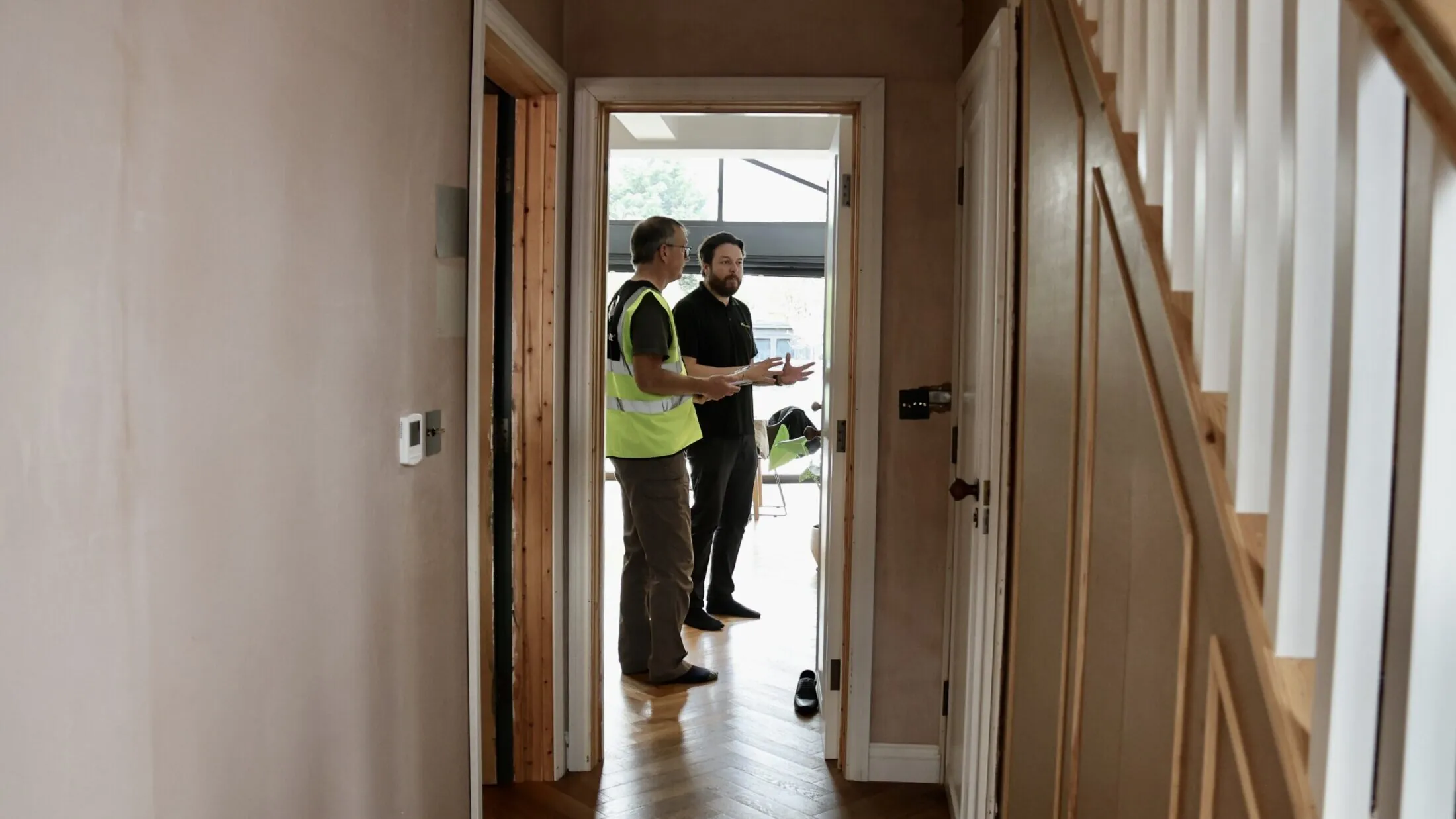
Why Energy Assessors Are Key to the Success of the Standard
Energy Assessors play a crucial role in helping homeowners, landlords, and businesses understand their buildings’ energy performance. By conducting property assessments and producing Energy Performance Certificates (EPCs), they provide insights into energy efficiency, running costs, and recommended improvements. Without this information, we would have no idea what state the country’s housing stock is in. So, energy assessors are essential for the success of the standard.
However, it goes beyond just measuring a building’s performance. What if the homeowner decides they would like to improve their building to align more closely with the standard? That is when retrofit professionals must step in. These experts play a vital role throughout the upgrade process:
- Retrofit Assessors evaluate the energy efficiency of buildings and recommend improvements.
- Retrofit Coordinators oversee the implementation of retrofit projects, ensuring they are carried out effectively and in compliance with regulations and standards.
Together, energy assessors and retrofit professionals are instrumental in supporting the UK Net Zero Carbon Buildings Standard and its objectives.
If you’re interested in becoming an energy assessor or retrofit professional, Energy Trust offers a range of professional training courses, including:
- Level 3 Certificate in Domestic Energy Assessment (DEA)
- Level 3 & 4 Diploma in Non Domestic Energy Assessment
- Retrofit Assessor (PAS2035) Competency Course
- Level 5 Diploma in Retrofit Coordination & Risk Assessment
- Level 3 Award in Introduction to Domestic Retrofit
SOURCES:
BRE Group’s overview of the UK Net Zero Carbon Buildings Standard (BRE Group) , BRE Group’s methodology details for net zero carbon buildings (BRE Group)



